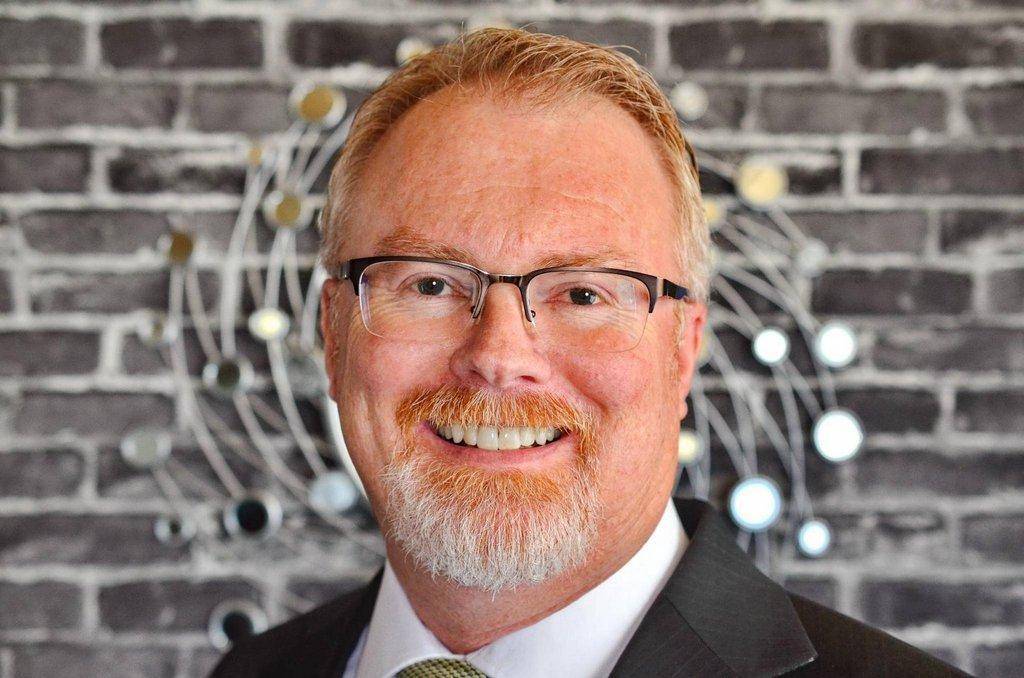By Gary Meeks, RICP®
Most of us know the importance of estate planning as it pertains to our personal assets, but have you considered taking steps to protect your digital estate? If you died, what would happen to your email archives, social media profiles and online accounts?
Your digital footprint may include:
- Email account(s)
- Social media sites (Facebook, Instagram, Pinterest, etc.)
- Online banking, credit card and investment accounts
- Health savings accounts (HSA) or supplemental medical insurance plans
- Utilities or other ongoing expenses set up for automatic payments
- Mortgage loans (if paid via automatic draft)
- Car loans (if paid via automatic draft)
- Gym, country club, professional association memberships
- Airline, credit card and retailer rewards programs
- Retail memberships (Amazon, Costco, etc.)
- Cell phone/mobile apps
The average person has roughly 40 accounts requiring a password and 71% choose to memorize their passwords. Without those passwords, your loved ones may be unable to shut down your Facebook page, access your accounts and protect your personal correspondence.
Here are two action items you can do right now to help safeguard your digital estate:
- Take an inventory of all your digital assets including emails, social profiles and any online business accounts. Decide what you want done with these in the event of your death and leave instructions with someone you trust.
- Make a list of your passwords and keep them in one location. Web applications like 1password.com can make it simple. This list should be updated as new accounts are created or passwords are changed. It should be kept in a secure location along with your will and other estate planning documents so it is available to your spouse, adult children or executor who will be responsible for closing out your digital footprint.
Unfortunately, it’s not unusual for cyber criminals to target indexed vital records, which include death notices and other matters of public record to aid in attempts at identity theft. Therefore, it is important to close or remove as many online accounts and registrations as possible following the death of a loved one to minimize their digital footprint and the potential for identity theft. Most businesses, website hosts and social media sites have policies in place to help you close accounts following the death of a site user or account owner.
We live in a digital world and when it comes time to leave it, make sure that your digital assets are taken care of.
Gary D. Meeks, RICP®, is a registered representative offering securities and advisory services through Cetera Advisor Networks LLC, member FINRA/SIPC, a broker dealer and Registered Investment Adviser. Cetera is under separate ownership from any other named entity. 90 W 100 N STE 6, Price, UT 84501 (435)-637-8160.
Source: secure.fmgsuite.com “Estate Planning & your Digital Footprint” “Secure Your Digital Estate”

